I came to Mumbai from Sikar [in Rajasthan] to make a living. Mumbai gives me better work opportunities as compared to other cities. Here, I manage to save about Rs 40,000 per month, whereas in my hometown, I would have managed Rs 12,000-15,000, no more. As far as operating tourist cabs is concerned, it’s far safer to do so in Mumbai than in Delhi.
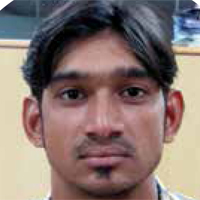
Ankur Sharma
Owner, Mayank Tours & Travels
I’ve been living in Mumbai for the last three years. I have come to Mumbai for work, and I don’t really expect to be a superstar. What I aspire to is working in television serials that will bring me a fixed monthly income. I always wanted to be a model and an actress, and so I could not complete my education. So far, I have not had the kind of success I desire. My family has supported my decision to move to Mumbai and work in the glamour industry. I do three print shoots a week, and that gives me my bread and butter.

Roopa Shah
TV actress, runner-up in Gladrags Megamodel (2011)
Mumbai is the best city in the country. It is the most cosmopolitan, vibrant and cultured city in the country. It is international in its outlook and does not have the bureaucratic and hierarchical hang-ups and sycophancy of Delhi. Despite its hiccups, poor infrastructure and local political problems, Mumbai is a more open and democratic city. If Mumbai is losing some of its financial standing or otherwise, it is because of the politicians. The Maharashtra government should have pushed for a big financial centre in Mumbai; instead, it is now going to be set up in Ahmedabad [Gandhinagar]. The world’s best architects took part in a competition to design an extension building for the Bhau Daji Lad Museum and it would have been a landmark. But petty jealousies and political pressure have sabotaged the project. Mumbai continues to be a great city due to the efforts of individuals and institutions, not politicians, who are losing opportunities.
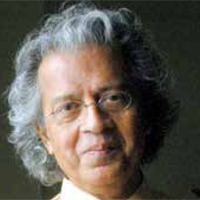
Anil Dharkar
Columnist and writer
Mumbai means the world to me, as I was born and brought up here. I have seen it grow. Though Mumbai has grown beyond the normal suburbs of Bandra, it is still a wonderful city. Mumbai is not exceptional. It follows the pattern of every metro the world over: traffic jams, skyscrapers, etc. They should now stop giving permissions for new buildings, because there is no space for roads, cars, parking. Mumbai does need a cut-off point. Although, like Delhi, Mumbai now has no traffic sense, it has retained its vibrancy and cosmopolitan nature. The migrant population has added to crime in the city. Not just from Bihar and Uttar Pradesh, even if 10,000 people come from Kolhapur and Sholapur every day, there is not enough infrastructure, roads, water, jobs and sanitation. Slums are growing everywhere, which the politicians are using as votebanks. Without infrastructure, migrants resort to crime. Lawlessness is increasing by the day. Just as Malaysia has a slogan ‘Malaysia, truly Asia’, Mumbai is truly India – and it’s everybody’s.
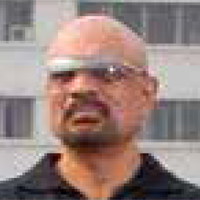
Bharat Dabholkar
Ad filmmaker and actor
I have been a dabbawala for the last 20 years. Migrants from other states are coming to the city, these people live on footpaths and roads and start preparing quick and cheap food in the open or open a small dhaba. Instead of paying us Rs 800-1,000 per month for tiffin, people opt to have cheap and easily available food as it saves them dabba cost. This has directly impacted our business and we are losing customers.
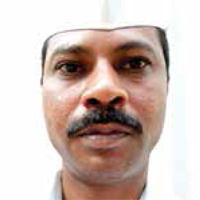
Jaysing Pingle
Dabbawala
Mumbai has gone down primarily due to congestion in transport infrastructure, including the local trains. The connectivity of the metro and monorail is limited. Road connectivity is bad; even the Western express highway feels like a congested gali. The cost of living and doing business in many parts is exorbitant. Delhi has better infrastructure, a good metro network, ring roads... But unlike Delhi, Mumbai is safe for women.
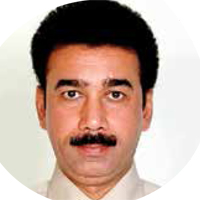
Gaurang Shah
Stockbroker
I have done theatre and some bit roles in films. I want to be a face that every child in the country recognises. Success has eluded me so far, but this is the career of my choice and I want to work on my own terms and conditions. It’s perhaps for that reason that it is taking so long for me to get the desired roles. The industry is the safest place and no one can harm you till you allow it to happen. I love Mumbai and am very happy with the government and Mumbai police for making it a safe place for women.
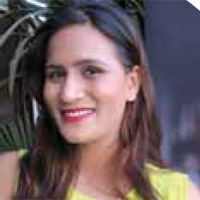
Priya Vishwanath
Aspiring Bollywood star
